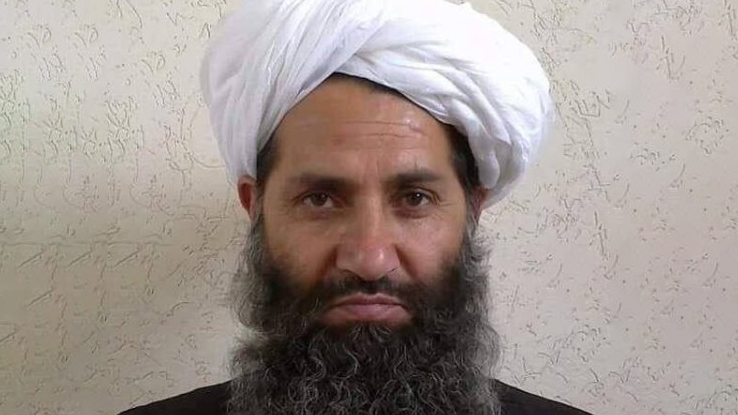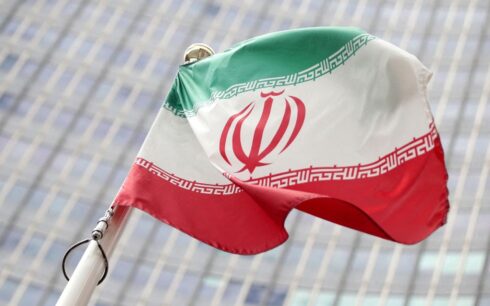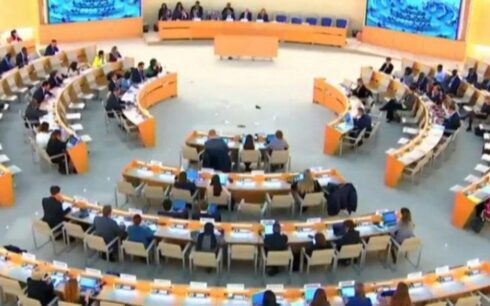Taliban leader’s call for “suicide attacks” by his forces continues to draw fresh reactions. Experts state that Hibatullah Akhundzada employs suicide squads in response to threats from armed opposition and external forces, emphasizing the strategic importance the Taliban place on these units.
Some experts suggest that recent statements by the Taliban leader indicate an unwavering commitment to promoting terrorism and extremism.
“The threat of suicide attacks, termed ‘martyrdom operations’ by the Taliban against both domestic and foreign armed forces, has always been severe. Over the past twenty years, the Taliban have heavily utilized these forces,” said Barna Salehi, a political analyst.
Taliban suicide attacks have been a primary cause of civilian casualties in the years before their recent return to power in Afghanistan.
During Eid prayers, in an audio purportedly from the Taliban leader, he called on his forces to be prepared for suicide attacks as in the past.
Sirajuddin Haqqani, the Taliban’s interior minister, previously stated at a gathering in Kandahar province in southern Afghanistan that at least 1,050 of his men had carried out suicide attacks over the past decade and a half. Taliban leader has now reiterated his commitment to this lethal strategy.
Taliban is unique in maintaining suicide squads while governing a country. According to some analysts, Akhundzada is keen on maintaining the Taliban’s strategy of fostering terror and extremism without change.
“According to United Nations statistics, over the past decade, thousands of civilians have died from suicide attacks attributed to the Taliban, with thousands more injured. Most of these deadly attacks have been concentrated in major cities. Some say the Taliban’s approach will be a threat to the entire world,” said Ghulam Farooq Aleem, a university professor.
“If the international community does not stand against the Taliban’s crimes, Afghanistan under Taliban rule will pose an even greater threat to the world than it does today,” said Mariam Arwin, a human rights activist.
Abd Rab Rasul Sayyaf, a former jihadi leader, on Thursday denounced Taliban’s suicide attacks as un-Islamic and wrongful, equating them with waging war against God.
This comes as Zabihullah Mujahid, the Taliban spokesman, said on Thursday that their leader’s words had been misconstrued.
According to him, Akhundzada’s call for suicide missions was metaphorical, emphasizing resilience and sacrifice rather than literal attacks.





